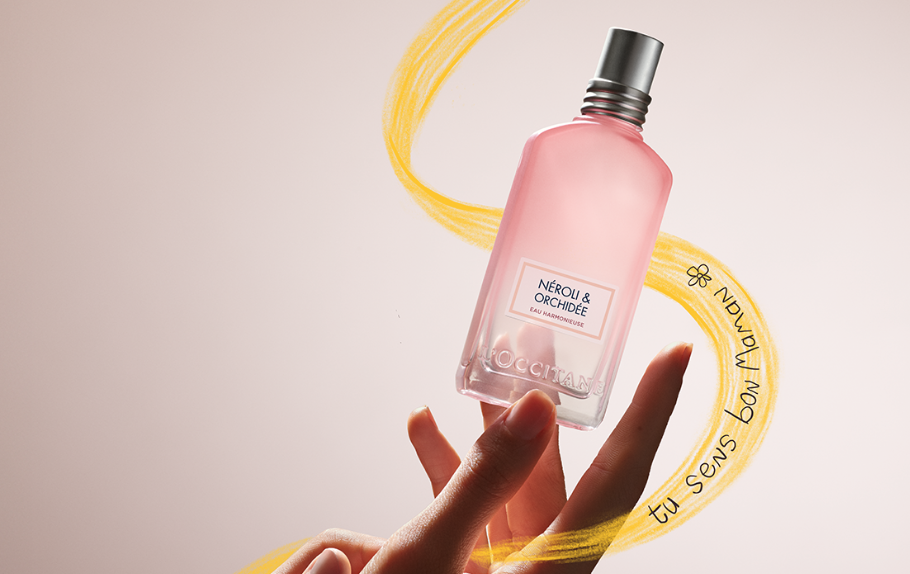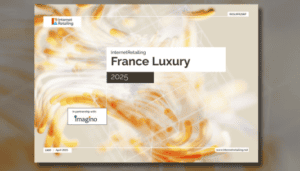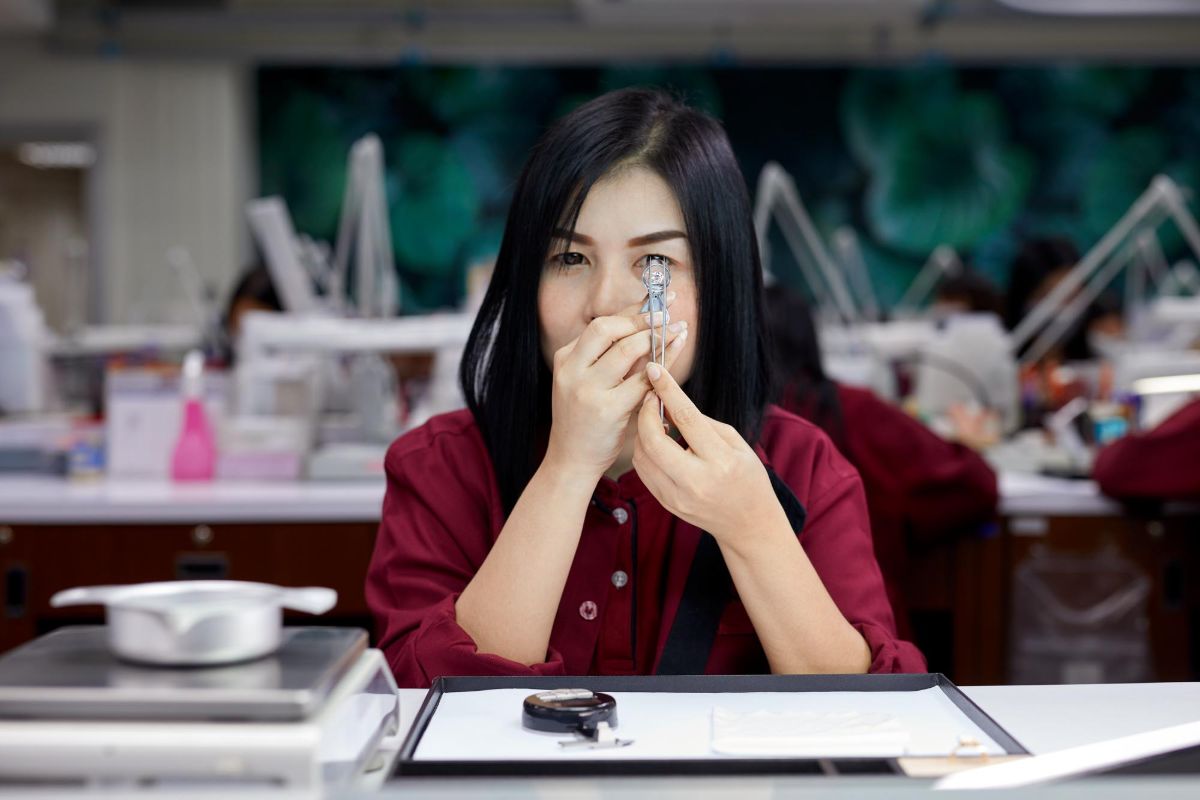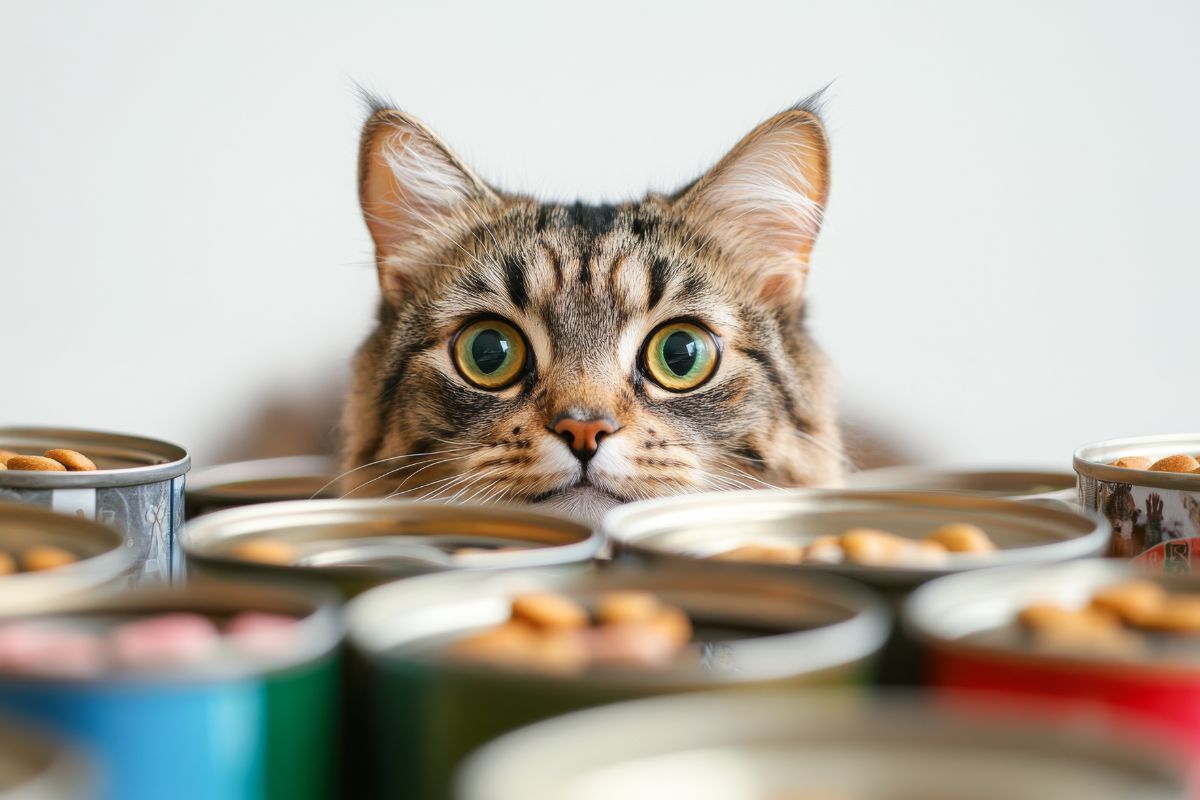L’Occitane en Provence – or L’Occitane as it is more widely known – is a leading perfumier and seller of luxury skin and hair care products, along with some homewares, such as candles. Starting life as a stall in a Provencal market selling essential oils in 1976, the company has grown to be a multi-million dollar luxury brand listed on the Hong Kong stock exchange.
Owned by Austrian billionaire Reinold Geiger’s investment holding company L’Occitane Groupe SA, over the past decade, the company has doubled sales and grown its retail footprint to 3,000 outlets – 106 of which are in France – in 90 countries, generating sales of $2.5bn and profits of $2bn in 2024.
L’Occitane develops and produces all its products in its Manosque, France, facility, where 1000 employees are engaged. It draws on local produce, such as Provencal lavender, along with other products from neighbouring Corsica. Other products, such as shea butter, are sourced ethically from local women’s groups in Burkina Faso. The company also conducts no animal testing.
The company’s ethical and local sourcing of ingredients and products is seen as a boon by many of its French customers, who opt to buy these high-end skincare and cosmetics products because they are both natural and ethical and French.
This highly ethical and localised approach to its products was further extended with the 2008 purchase of Groupe M&A Development and its subsidiary, M&A Santé Beauté, which includes the organic cosmetic brand Melvita, in 2008. The company, which was founded in the Ardèche in 1983 by French biologist Bernard Chevilliat, commercialises ecological and organic cosmetics principally in France.
Additionally, the company set up La Fondation d’Entreprise L’Occitane is a private organisation founded in 2006 by the company, with a budget of 4 million euros for 6 years, to support visually impaired people and help the economic emancipation of women. It supports associations for the visually impaired, particularly in Burkina Faso with NGOs that are specialised in training professionals to reduce blindness.
In 2013, the United Nations Development Programme (UNDP) decided to recognise L’Occitane en Provence as an exemplary company within the framework of its 2013 “Growing Inclusive Markets” initiative.
While extremely popular in France, the company is one of France’s preeminent luxury cosmetics exporters. The company had, pre-pandemic, seen huge growth in China, which accounted for 14% of the company’s total sales – second only to the US, which accounted for 27%. The company is currently investing some $100m in capturing new opportunities globally across its main L’Occitane en Provence brand, as well as earmarking 20% for the group’s Melvita, ELEMIS and Sol de Janeiro brands.
This profile first appeared in the France Luxury 2025 report. presents a comprehensive overview of the market’s strong profitability and the unique motivations of French luxury consumers, who value quality, local goods, and increasingly, sustainability.
Cartier, Givency, Louis Vuitton, Vestiaire Collective and Yves Saint Laurent are also profiled.
Stay informed
Our editor carefully curates two newsletters a week filled with up-to-date news, analysis and research, click here to subscribe to the FREE newsletter sent straight to your inbox and why not follow us on LinkedIn to receive the latest updates on our research and analysis.










